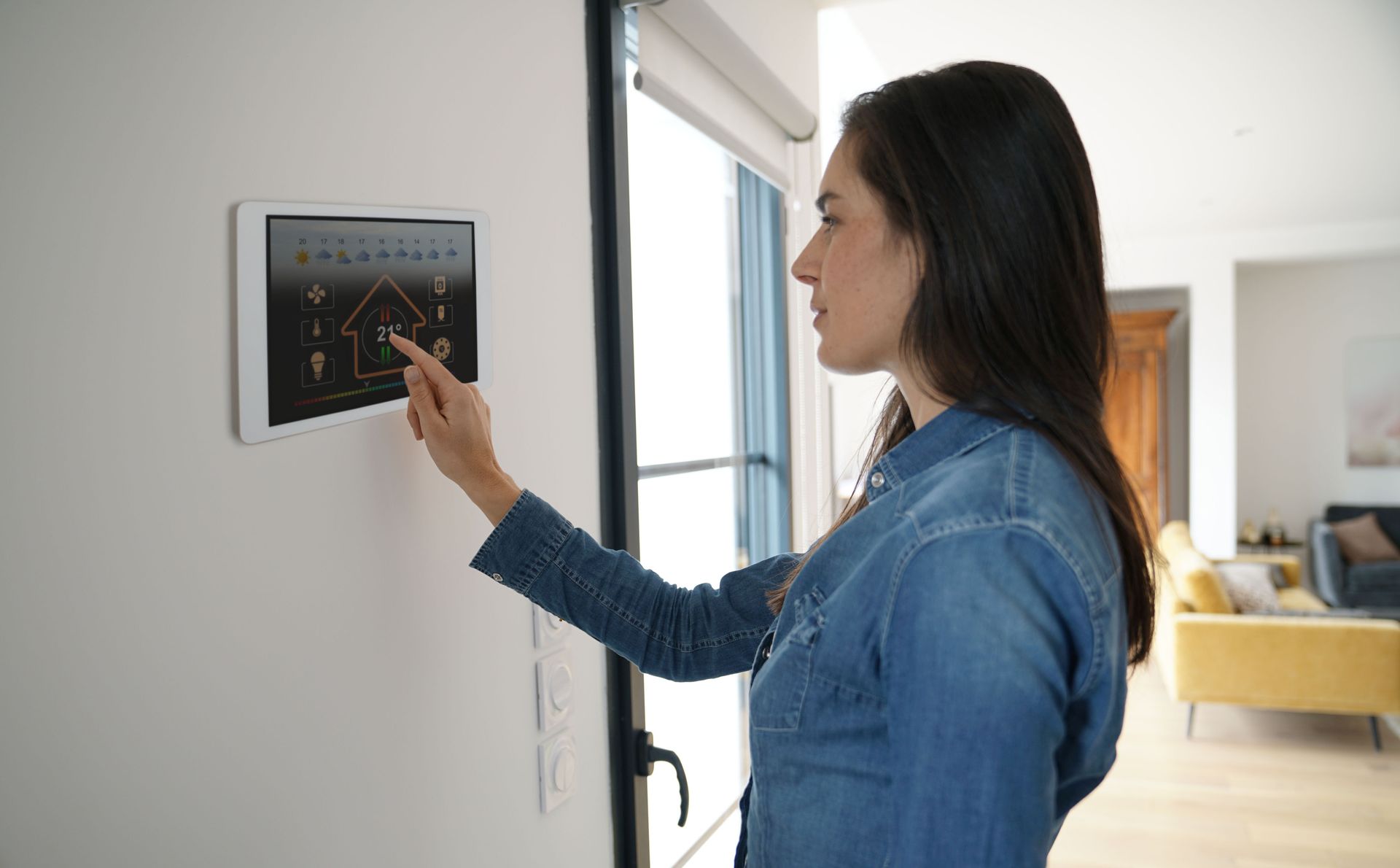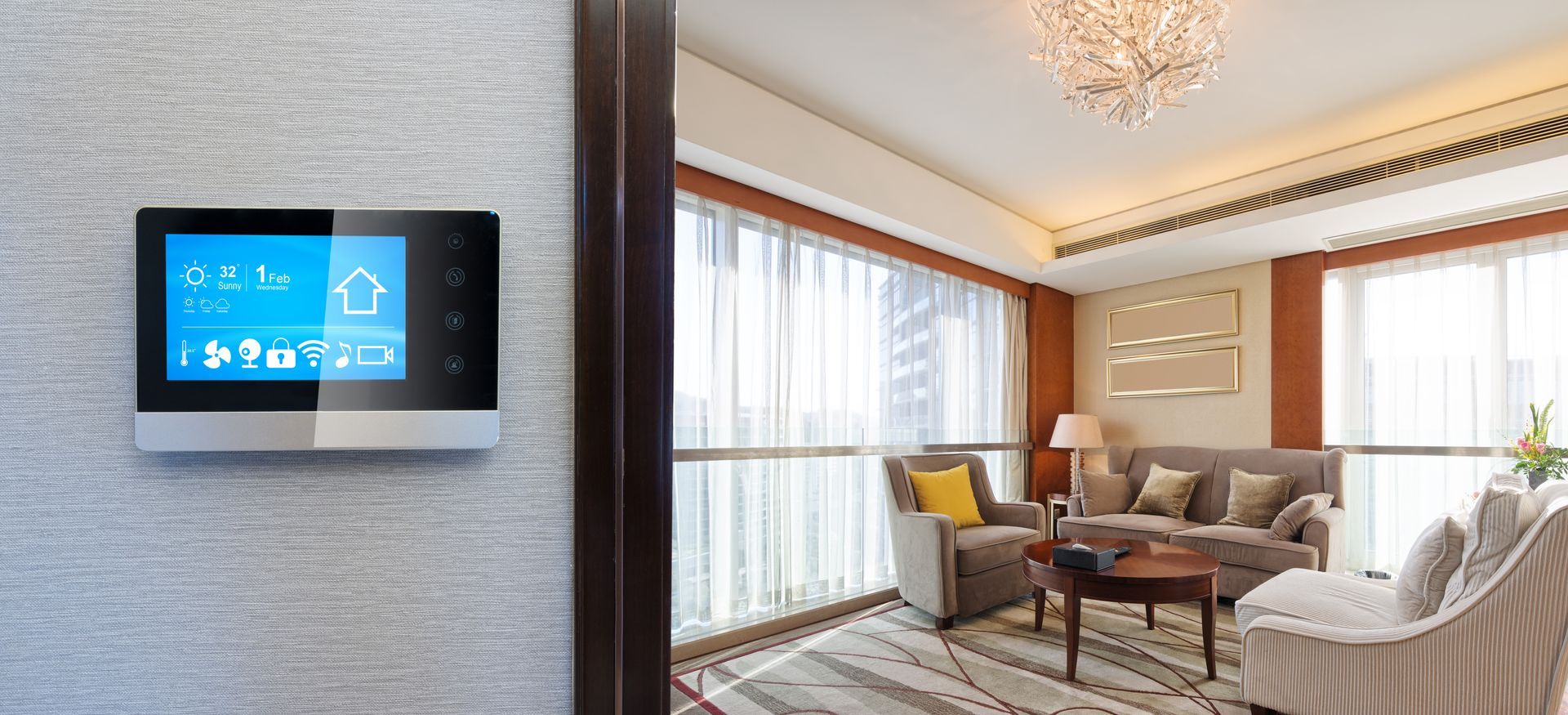Efficiency and Sustainability: Smart Energy Management for a Greener Future
In the face of climate change and growing concerns about the environment, the need for efficient and sustainable energy management has become more important than ever. Energy consumption is increasing globally, putting a strain on resources and contributing to greenhouse gas emissions. However, by embracing smart energy management systems, we can pave the way for a greener and more sustainable future.
WHAT IS SMART ENERGY MANAGEMENT?
Smart energy management is the use of intelligent technologies and systems to optimize energy consumption, increase efficiency, and reduce waste. It involves collecting and analyzing data to make informed decisions about energy usage, supply, and storage. These systems leverage advanced technologies such as artificial intelligence and the Internet of Things (IoT) to monitor, control, and automate energy-related processes.
EFFICIENCY: DOING MORE WITH LESS
One of the primary goals of smart energy management is to achieve greater efficiency in energy usage. Traditional energy systems often operate without regard to actual demand, leading to wasteful consumption and higher costs. However, with smart energy management, energy can be allocated and utilized more efficiently.
One example of this is demand response programs, where consumers are incentivized to reduce their energy usage during peak periods. By participating in demand response, consumers can lower their bills, while utility companies can reduce the strain on the grid and avoid the need for additional power plants.
Another aspect of energy efficiency is the use of smart appliances and devices. These devices are designed to consume less energy without compromising functionality. For instance, smart thermostats can learn a household’s heating and cooling preferences and adjust temperature settings accordingly, resulting in significant energy savings.
SUSTAINABILITY: EMBRACING RENEWABLE ENERGY SOURCES
In addition to efficiency, smart energy management also promotes sustainability by integrating renewable energy sources into the grid. Renewable energy, such as solar and wind power, is clean, abundant, and does not emit carbon dioxide or other harmful pollutants.
Smart energy management systems can optimize the use of renewable energy by dynamically matching energy supply with demand. By constantly monitoring energy production and demand patterns, these systems can increase the utilization of renewable sources and reduce reliance on fossil fuels.
Furthermore, smart grids enable two-way communication between energy providers and consumers. This allows for the seamless integration of small-scale distributed energy resources, such as rooftop solar panels and home battery storage systems, into the overall energy infrastructure. By empowering consumers to generate their own energy and sell excess power back to the grid, smart energy management can decentralize energy production and promote the democratization of sustainable energy.
THE BENEFITS OF SMART ENERGY MANAGEMENT
Implementing smart energy management systems offers numerous benefits for both individuals and society as a whole. Here are a few key advantages:
- Cost Savings: Smart energy management can help consumers and businesses reduce their energy bills through efficient resource allocation and optimization. This is particularly beneficial as energy prices continue to rise.
- Reduced Environmental Impact: By conserving energy and integrating renewable sources, smart energy management reduces greenhouse gas emissions and helps combat climate change.
- Enhanced Grid Reliability: Smart grids and energy management systems enhance the stability and resilience of the energy grid, reducing the risk of blackouts and improving overall reliability.
- Job Creation: The transition to smart energy management creates new employment opportunities in various sectors, such as renewable energy installation, data analysis, and system maintenance.
CONCLUSION
Efficiency and sustainability are crucial for a greener future. Smart energy management systems offer innovative solutions to address these challenges. By optimizing energy usage, integrating renewable sources, and empowering consumers, these systems pave the way for a more efficient, sustainable, and environmentally friendly energy landscape. The adoption of smart energy management is not only a prudent choice but also a necessary step towards achieving a greener future.
Got questions about smart energy management? Let us help! Contact us today to learn more about what we can do for you!

SHARE ARTICLE
OUR RECENT POSTS



